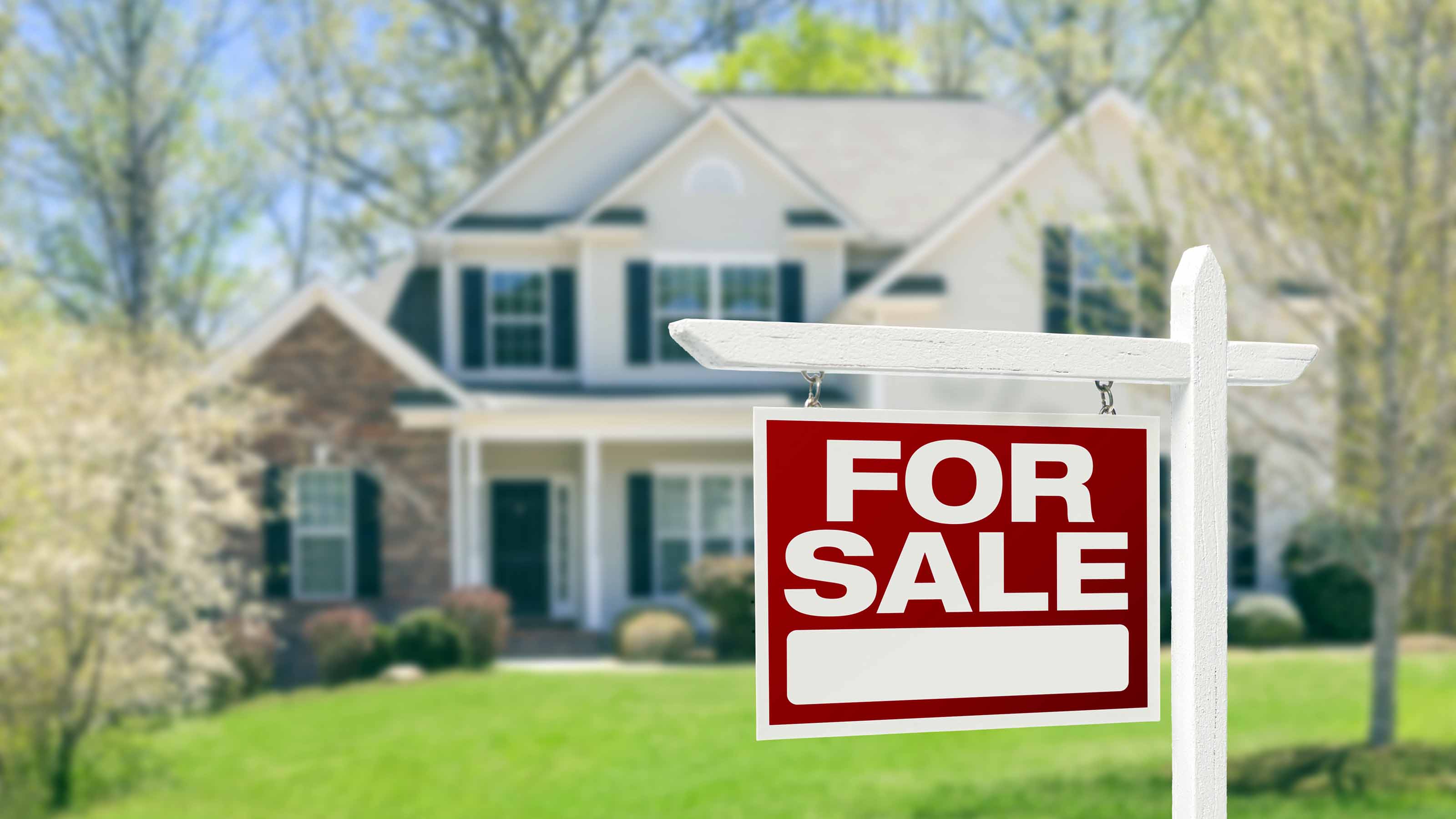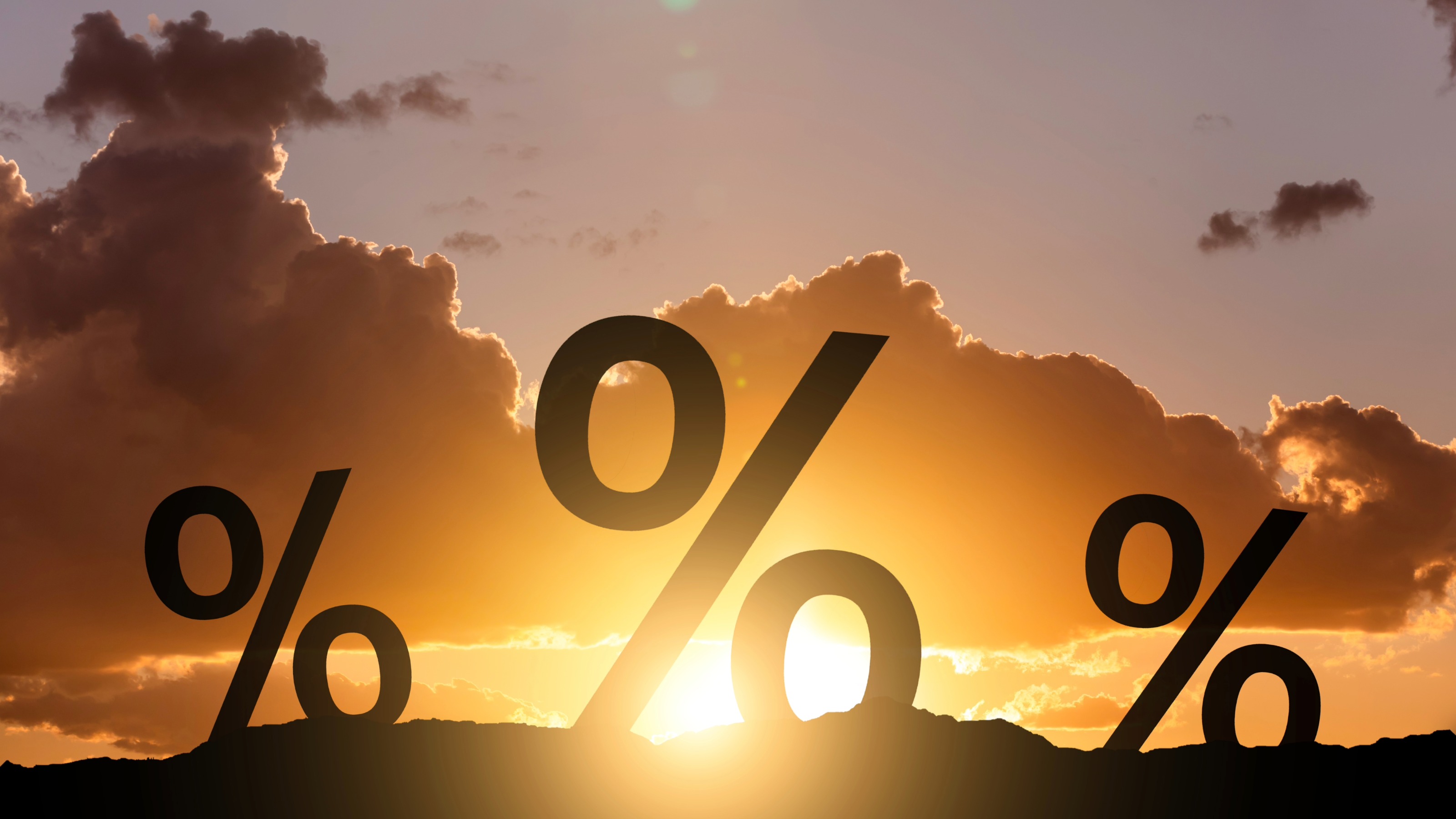How to Save Money Selling a House
Wondering how to save money selling a house? New rules regarding agent fees could help lower costs industrywide. Here's a look at other expenses that are negotiable.


Profit and prosper with the best of Kiplinger's advice on investing, taxes, retirement, personal finance and much more. Delivered daily. Enter your email in the box and click Sign Me Up.
You are now subscribed
Your newsletter sign-up was successful
Want to add more newsletters?
Want to save money selling a house? Start by understanding the true costs associated with a sale. The cost to sell a house may drop soon due to a settlement with the National Association of Realtors over agent fees. But there are other costs beyond agent fees to consider. In fact, there's a wide range of costs you may not have thought of — and some areas where you may be able to cut costs.
Knowing the details of all the expenses to expect means you can stay on top of your finances, helping you avoid any nasty unexpected bills.
Here’s everything you need to know about the cost of selling a home and some tips on how to save money along the way.
From just $107.88 $24.99 for Kiplinger Personal Finance
Become a smarter, better informed investor. Subscribe from just $107.88 $24.99, plus get up to 4 Special Issues

Sign up for Kiplinger’s Free Newsletters
Profit and prosper with the best of expert advice on investing, taxes, retirement, personal finance and more - straight to your e-mail.
Profit and prosper with the best of expert advice - straight to your e-mail.
What is the cost of selling a house?
According to Shelly Salas, HomeLight elite agent in Killeen, Texas, the cost of selling a house depends on several factors, including the “house itself, the current state of your local market, the cost of living, as well as the list prices of other homes in your area.”
She says the average cost of selling a house is about $31,308, but there might be a “little bit of leeway to recoup some of the costs.”
“If we’re in a seller’s market, you might be able to get the buyer to cover more of the costs than usual, especially if various offers are coming through on the property.”
“If the market is more in favor of the buyer, you may have to do more of the heavy lifting by putting in additional work and money to help attract attention from buyers,” she explains.
Overall, a seller can expect to expend between “10 to 12% of the sales price” on sales-related costs, says Salas. That’s only a rough figure, as variables can bring the costs down significantly.
What is the agent commission when selling a house?
Agent commission is likely to be the largest of the costs involved in selling a house, but it isn’t a fixed amount. “The first thing all sellers should know is that commissions are negotiable,” says Salas. “There is no set amount that all agents charge.”
Shelley points to transactional data from HomeLight. It shows the national average real estate agent commission is 5.8% of the property sales price.
But over the past few years, agent commissions have averaged at about 5.47%, which covers both the listing agent and buyer’s agent fees.
That number is expected to change soon, after the National Association of Realtors agreed to pay $418 million and change its rules so as to settle a number of lawsuits over its industry practices. Under the new rules, a seller will no longer have to cover the commission earned by the buyer's agent. The settlement has received the preliminary approval from a judge, with the final approval set for the fall.
What are the marketing costs of selling a house?
Not all selling agents have the same fees and costs. Some agents may charge additional marketing and staging fees, but it varies from realtor to realtor.
Salas says: “When an agent markets your house, there are a few fees you might have to pay. Staging and prep costs can range between 1% and 4% of the typical sale price. When preparing your home for sale, it’s important to declutter ($400 for a dumpster rental) and deep clean the property ($300 per clean), apply a fresh coat of paint if needed ($1,900), brighten up the flooring ($1,800), spruce up your curb appeal ($3,500), and stage your home ($1,600).”
“A seller who completes all of the tasks above would spend nearly $9,500 getting their home ready to market, which comes to around 3% of today’s median home sale price, which sits at $357,300,” she said.
What is the cost of selling your home yourself?
Opting to sell your home yourself to save costs may end up saving you a small fortune in fees, but it does introduce some potential barriers to achieving a good sale price. Salas says the first thing to do is to set a “competitive price.”
Salas says: “Next, take professional photos of your home to attract a larger pool of potential buyers. Homes with high-quality photographs sell 32% faster than those without visuals, according to research from VHT Studios.”
It is also well worth ensuring the description is appealing and creative. Salas says: “Think about how you’d like to depict your home by painting a picture in the buyer’s mind about what sets your property apart from the others in your neighborhood. Highlighting your home’s outdoor features as well as energy-efficient features, which are top buyer preferences today, can also help attract potential buyers.”
Another important factor is to sell the location, particularly if your home is in a prime spot. Salas says: “HomeLight’s 2022 Buyer and Seller Insights report found that the top location-related features in a buyer’s home search include nearby necessities such as gas stations and grocery stores (49%); a walkable neighborhood (35%); a quality school district (31%); proximity to work (30%); and proximity to restaurants and shopping (24%).”
What taxes are payable when selling a house?
Agents’ fees aren’t the only costs to consider when selling a home. Salas says sellers are typically responsible for “prorated taxes from January 1st up to the day of the actual sale of the home,” while most settlement companies have further fees to pay.
On top of this come recording fees and document preparation fees. “These should all be included in the initial percentage cost breakdown that the agent presents to the seller during their initial consultation,” Salas says.
Also, there is no one party responsible for the closing costs, neither is there a set menu of what each side needs to pay. But someone will have to pay the transfer tax, title insurance, prorated property taxes, and homeowner association fees if applicable.
You could be asked to pay some of the buyer’s costs in a buyer’s market where there’s a surplus of homes for sale and low buyer demand.
Related Content
Profit and prosper with the best of Kiplinger's advice on investing, taxes, retirement, personal finance and much more. Delivered daily. Enter your email in the box and click Sign Me Up.

Tom is a journalist and writer with an interest in sustainability, economic policy and pensions, looking into how personal finances can be used to make a positive impact. He graduated from Goldsmiths, University of London, with a BA in journalism before moving to a financial content agency. His work has appeared in titles Investment Week and Money Marketing, as well as social media copy for Reuters and Bloomberg in addition to corporate content for financial giants including Mercer, State Street Global Advisors and the PLSA. He has also written for the Financial Times Group.
When not working out of the Future’s Cardiff office, Tom can be found exploring the hills and coasts of South Wales but is sometimes east of the border supporting Bristol Rovers.
-
 Is There Such a Thing As a Safe Stock? 17 Safe-Enough Ideas
Is There Such a Thing As a Safe Stock? 17 Safe-Enough IdeasNo stock is completely safe, but we can make educated guesses about which ones are likely to provide smooth sailing.
-
 We're 64 with $4.3 million and can't agree on when to retire.
We're 64 with $4.3 million and can't agree on when to retire.I want to retire now and pay for health insurance until we get Medicare. My wife says we should work 10 more months. Who's right?
-
 Missed an RMD? How to Avoid That (and the Penalty) Next Time
Missed an RMD? How to Avoid That (and the Penalty) Next TimeIf you miss your RMDs, you could face a hefty fine. Here are four ways to stay on top of your payments — and on the right side of the IRS.
-
 Will Real Estate and Private Equity Start to Shine Again in 2026?
Will Real Estate and Private Equity Start to Shine Again in 2026?Real estate, private equity and general partner stakes could benefit from future interest rate cuts. What are the risks and rewards of investing in each?
-
 What Is an Assumable Mortgage and Could It Save You Thousands?
What Is an Assumable Mortgage and Could It Save You Thousands?With mortgage rates still elevated, taking over a seller’s existing home loan could lower monthly payments — if the numbers work.
-
 How You Can Use the Financial Resource Built Into Your Home to Help With Your Long-Term Goals
How You Can Use the Financial Resource Built Into Your Home to Help With Your Long-Term GoalsHomeowners are increasingly using their home equity, through products like HELOCs and home equity loans, as a financial resource for managing debt, funding renovations and more.
-
 Want to Buy a Home With a Friend? Here's How to Prevent Legal Headaches
Want to Buy a Home With a Friend? Here's How to Prevent Legal HeadachesWith rising home prices leading more people to co-buy homes with friends, it's essential to have a co-tenancy agreement that clearly defines the deal.
-
 Counting on Real Estate to Fund Your Retirement? Avoid These 3 Costly Mistakes
Counting on Real Estate to Fund Your Retirement? Avoid These 3 Costly MistakesThe keys to successful real estate planning for retirees: Stop thinking of property income as a reliable paycheck, start planning for tax consequences and structure your assets early to maintain flexibility.
-
 We Retired at 62 With $6.1 Million. My Wife Wants to Make Large Donations, but I Want to Travel and Buy a Lake House.
We Retired at 62 With $6.1 Million. My Wife Wants to Make Large Donations, but I Want to Travel and Buy a Lake House.We are 62 and finally retired after decades of hard work. I see the lakehouse as an investment in our happiness.
-
 I'm an Opportunity Zone Pro: This Is How to Deliver Roth-Like Tax-Free Growth (Without Contribution Limits)
I'm an Opportunity Zone Pro: This Is How to Deliver Roth-Like Tax-Free Growth (Without Contribution Limits)Investors who combine Roth IRAs, the gold standard of tax-free savings, with qualified opportunity funds could enjoy decades of tax-free growth.
-
 I'm a Real Estate Investing Pro: This Is How to Use 1031 Exchanges to Scale Up Your Real Estate Empire
I'm a Real Estate Investing Pro: This Is How to Use 1031 Exchanges to Scale Up Your Real Estate EmpireSmall rental properties can be excellent investments, but you can use 1031 exchanges to transition to commercial real estate for bigger wealth-building.